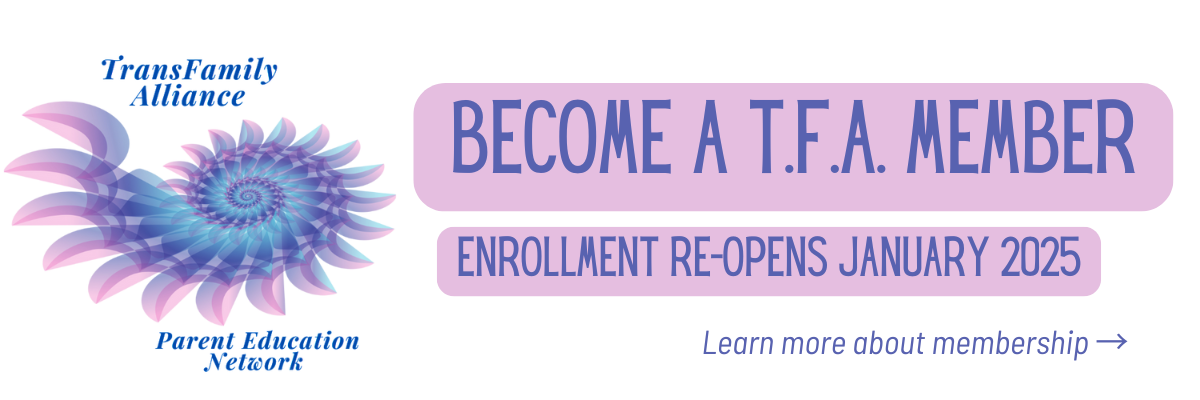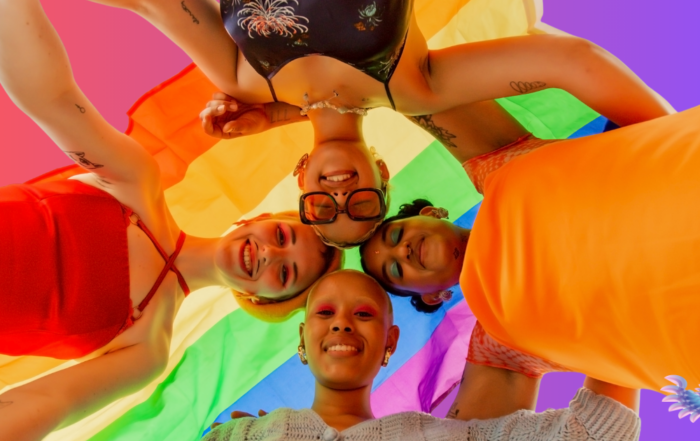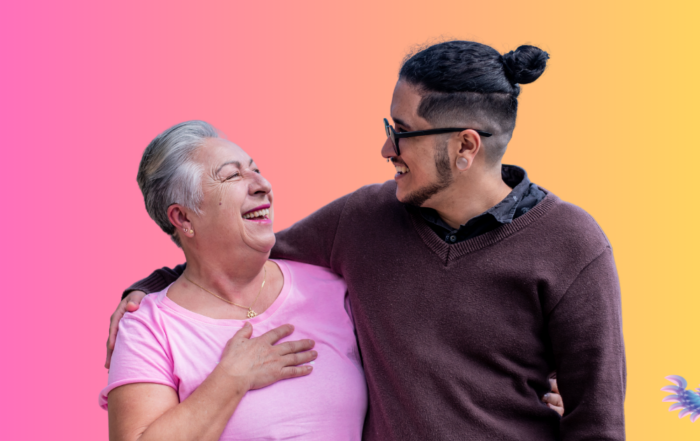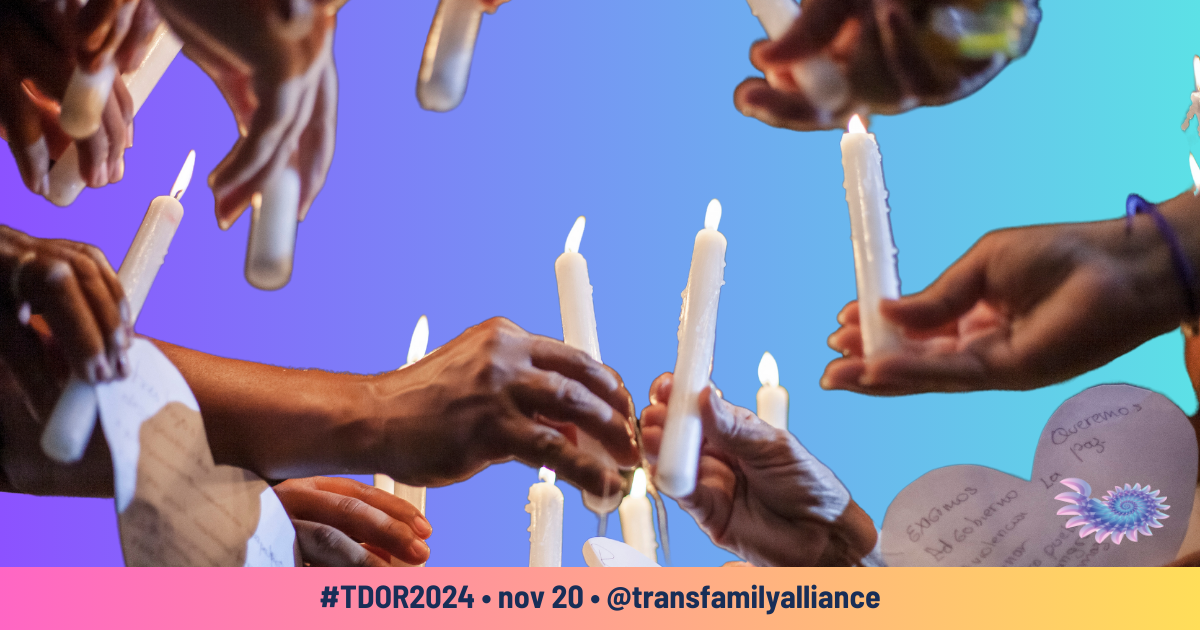
Transgender Day of Remembrance (#TDOR) is an annual observance that takes place on November 20th to honor the lives of transgender people who have been victims of violence, particularly those who have been murdered because of their gender identity or expression. The day serves as a solemn reminder of the ongoing violence and discrimination that transgender and gender nonconforming individuals face.
Each year, names of the known victims of anti-transgender violence are read aloud at memorial events, providing a space for communities to come together in remembrance, reflection, and solidarity.
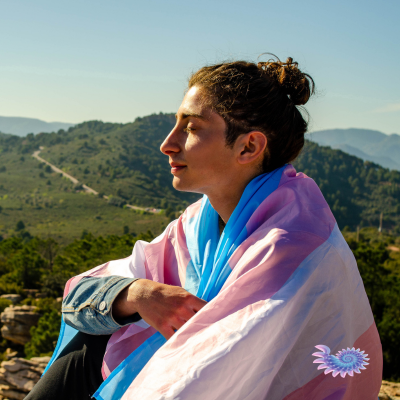 The day also highlights the need for greater awareness, advocacy, and action to address anti-transgender violence and to fight for equality, dignity, and safety for all transgender individuals. TDOR aims to raise awareness of the struggles that transgender people face, while also celebrating their lives, resilience, and contributions to society.
The day also highlights the need for greater awareness, advocacy, and action to address anti-transgender violence and to fight for equality, dignity, and safety for all transgender individuals. TDOR aims to raise awareness of the struggles that transgender people face, while also celebrating their lives, resilience, and contributions to society.
Transgender individuals have faced significant challenges in recent years, with an alarming increase in violence, discrimination, and legislative attacks. These challenges have been particularly pronounced in the United States and other countries where anti-trans sentiment has been rising.
Some of the major issues affecting the trans community in recent years, along with links to data substantiating those issues:
-
Violence Against Transgender Individuals
The trans community continues to experience disproportionately high rates of violence, particularly against transgender women of color. Hate crimes, including physical assaults and murders, have been reported with increasing frequency. According to reports from organizations like the Human Rights Campaign (HRC), each year, numerous transgender people—especially trans women and trans people of color—are killed in acts of anti-trans violence. For example, many victims are killed in domestic settings, or while engaging in sex work, where they are especially vulnerable to violence.
-
Legislative Attacks and Anti-Trans Laws
In 2024, there was a significant increase in anti-transgender legislation. Many states in the U.S. have introduced laws that restrict access to gender-affirming healthcare for minors and adults, ban trans girls from participating in sports consistent with their gender identity, or limit the ability to change gender markers on official documents. These legal barriers contribute to stigma, mental health struggles, and physical harm to the trans community, and also undermine the autonomy and rights of transgender people.
-
Targeting of Transgender Healthcare
In many US regions, access to gender-affirming healthcare has been severely restricted or criminalized. These attacks include bans on gender-affirming surgeries, hormone therapy, and other forms of healthcare that are essential for many transgender people’s well-being. The restrictions not only affect transgender youth but adults too, who may have been receiving care for years before the political landscape shifted. Denying this care has direct consequences on mental health and safety, leading to an increased risk of depression, anxiety, and suicidal ideation.
-
Increased Visibility and Backlash
While visibility and representation of transgender people in media and politics have increased, there has also been a backlash. High-profile figures and organizations have become outspoken in their opposition to transgender rights, fueling a toxic environment where transgender people are vilified or reduced to harmful stereotypes. This backlash has been particularly pronounced in debates over issues like sports, healthcare, and education, leading to a polarized atmosphere where transgender people are often made to feel like their existence is up for debate.
-
Mental Health Struggles and Suicide Rates
The discrimination, violence, and lack of acceptance faced by transgender individuals contribute significantly to poor mental health outcomes. Studies show that transgender individuals experience higher rates of depression, anxiety, and suicidal ideation than the general population. These struggles are often exacerbated by a lack of supportive family, community, and healthcare resources. Transgender youth, in particular, face higher rates of suicide attempts, and this is compounded by family rejection, bullying, and the inability to access gender-affirming care.
-
Hate Crimes and Anti-Trans Violence Globally
While much of the focus is on the U.S., many countries around the world continue to criminalize transgender identities, leading to violence and persecution. In places like Brazil, Mexico, and some Eastern European countries, trans people are often subjected to violent attacks and systemic discrimination. The global fight for transgender rights is ongoing, and many international advocacy groups highlight the tragic stories of transgender individuals in countries where their existence is criminalized.
These challenges paint a difficult picture for the transgender community, but they also highlight the resilience of the individuals who continue to advocate for their rights and safety.
Advocacy, support from allies, and continued attention to these issues are essential for ensuring that transgender people can live in safety, dignity, and equality.
We are better together.
While we mourn the lives lost to violence and hatred, Transgender Day of Remembrance also serves as a powerful reminder of the resilience, strength, and beauty of the transgender community. We stand in solidarity, committed to fighting for justice, equality, and love for all. Together, we can create a future where everyone, regardless of their gender identity, can live freely and safely.
Resources mentioned in this post:
- HRC’s 2024 Epidemic of Violence Report (HRC.org)
- Attacks on Gender Affirming Care by State (HRC.org)
- The Impact of Banning Gender-Affirming Care in America: A Step Backward for Equality (Tufts Center for Health Systems)
- Trump and allies are pouring millions into anti-trans election ads as election nears (ABCnews.com)
- Transgender individuals at greater risk of mental health problems (Yale School of Public Health)
- Mental health of transgender youth in care at an adolescent urban community health center: A matched retrospective cohort study (National Library of Medicine)
- Map of Jurisdictions that Criminalise LGBT People (Human Dignity Trust)
- Outcomes of the Global Trans Conference (Global Action for Trans Equality)

Transgender Day of Remembrance (#TDOR) is an annual observance that takes place on November 20th to honor the lives of transgender people who have been victims of violence, particularly those who have been murdered because of their gender identity or expression. The day serves as a solemn reminder of the ongoing violence and discrimination that transgender and gender nonconforming individuals face.
Each year, names of the known victims of anti-transgender violence are read aloud at memorial events, providing a space for communities to come together in remembrance, reflection, and solidarity.
 The day also highlights the need for greater awareness, advocacy, and action to address anti-transgender violence and to fight for equality, dignity, and safety for all transgender individuals. TDOR aims to raise awareness of the struggles that transgender people face, while also celebrating their lives, resilience, and contributions to society.
The day also highlights the need for greater awareness, advocacy, and action to address anti-transgender violence and to fight for equality, dignity, and safety for all transgender individuals. TDOR aims to raise awareness of the struggles that transgender people face, while also celebrating their lives, resilience, and contributions to society.
Transgender individuals have faced significant challenges in recent years, with an alarming increase in violence, discrimination, and legislative attacks. These challenges have been particularly pronounced in the United States and other countries where anti-trans sentiment has been rising.
Some of the major issues affecting the trans community in recent years, along with links to data substantiating those issues:
-
Violence Against Transgender Individuals
The trans community continues to experience disproportionately high rates of violence, particularly against transgender women of color. Hate crimes, including physical assaults and murders, have been reported with increasing frequency. According to reports from organizations like the Human Rights Campaign (HRC), each year, numerous transgender people—especially trans women and trans people of color—are killed in acts of anti-trans violence. For example, many victims are killed in domestic settings, or while engaging in sex work, where they are especially vulnerable to violence.
-
Legislative Attacks and Anti-Trans Laws
In 2024, there was a significant increase in anti-transgender legislation. Many states in the U.S. have introduced laws that restrict access to gender-affirming healthcare for minors and adults, ban trans girls from participating in sports consistent with their gender identity, or limit the ability to change gender markers on official documents. These legal barriers contribute to stigma, mental health struggles, and physical harm to the trans community, and also undermine the autonomy and rights of transgender people.
-
Targeting of Transgender Healthcare
In many US regions, access to gender-affirming healthcare has been severely restricted or criminalized. These attacks include bans on gender-affirming surgeries, hormone therapy, and other forms of healthcare that are essential for many transgender people’s well-being. The restrictions not only affect transgender youth but adults too, who may have been receiving care for years before the political landscape shifted. Denying this care has direct consequences on mental health and safety, leading to an increased risk of depression, anxiety, and suicidal ideation.
-
Increased Visibility and Backlash
While visibility and representation of transgender people in media and politics have increased, there has also been a backlash. High-profile figures and organizations have become outspoken in their opposition to transgender rights, fueling a toxic environment where transgender people are vilified or reduced to harmful stereotypes. This backlash has been particularly pronounced in debates over issues like sports, healthcare, and education, leading to a polarized atmosphere where transgender people are often made to feel like their existence is up for debate.
-
Mental Health Struggles and Suicide Rates
The discrimination, violence, and lack of acceptance faced by transgender individuals contribute significantly to poor mental health outcomes. Studies show that transgender individuals experience higher rates of depression, anxiety, and suicidal ideation than the general population. These struggles are often exacerbated by a lack of supportive family, community, and healthcare resources. Transgender youth, in particular, face higher rates of suicide attempts, and this is compounded by family rejection, bullying, and the inability to access gender-affirming care.
-
Hate Crimes and Anti-Trans Violence Globally
While much of the focus is on the U.S., many countries around the world continue to criminalize transgender identities, leading to violence and persecution. In places like Brazil, Mexico, and some Eastern European countries, trans people are often subjected to violent attacks and systemic discrimination. The global fight for transgender rights is ongoing, and many international advocacy groups highlight the tragic stories of transgender individuals in countries where their existence is criminalized.
These challenges paint a difficult picture for the transgender community, but they also highlight the resilience of the individuals who continue to advocate for their rights and safety.
Advocacy, support from allies, and continued attention to these issues are essential for ensuring that transgender people can live in safety, dignity, and equality.
We are better together.
While we mourn the lives lost to violence and hatred, Transgender Day of Remembrance also serves as a powerful reminder of the resilience, strength, and beauty of the transgender community. We stand in solidarity, committed to fighting for justice, equality, and love for all. Together, we can create a future where everyone, regardless of their gender identity, can live freely and safely.
Resources mentioned in this post:
- HRC’s 2024 Epidemic of Violence Report (HRC.org)
- Attacks on Gender Affirming Care by State (HRC.org)
- The Impact of Banning Gender-Affirming Care in America: A Step Backward for Equality (Tufts Center for Health Systems)
- Trump and allies are pouring millions into anti-trans election ads as election nears (ABCnews.com)
- Transgender individuals at greater risk of mental health problems (Yale School of Public Health)
- Mental health of transgender youth in care at an adolescent urban community health center: A matched retrospective cohort study (National Library of Medicine)
- Map of Jurisdictions that Criminalise LGBT People (Human Dignity Trust)
- Outcomes of the Global Trans Conference (Global Action for Trans Equality)

